Fierce competition from Chinese electric vehicles is forcing Japanese companies to decide whether to focus resources on other markets.
During the period of April-September, Japanese car manufacturers Honda, Nissan, Mazda, and Mitsubishi Motors all recorded a decline in sales in China compared to last year. Toyota alone had unchanged sales, but also issued a warning about the business situation in this market.
Mitsubishi's sales fell the most, by 60%. Subaru and Nissan fell 37% and 20%, respectively.
Foreign automakers, including Japanese ones, are increasingly being overshadowed by local rivals like electric carmaker BYD. After decades of building their businesses in China, Japanese automakers have recently been forced to scale back. Toyota has reduced the number of contract workers at its Chinese factories over the past year, while Honda and Nissan have also reduced production at their plants there.
Mitsubishi said last month it would pull out of its joint venture with Guangzhou Automobile Group, ending production in China. The announcement came after it sold just 31,826 vehicles in the country last year, down nearly four-fold from 2019 sales.
"The trend of switching to electric vehicles is increasing faster than expected. Consumers' choices in segments and brands are also changing significantly," said Kentaro Matsuoka, Chief Financial Officer of Mitsubishi.
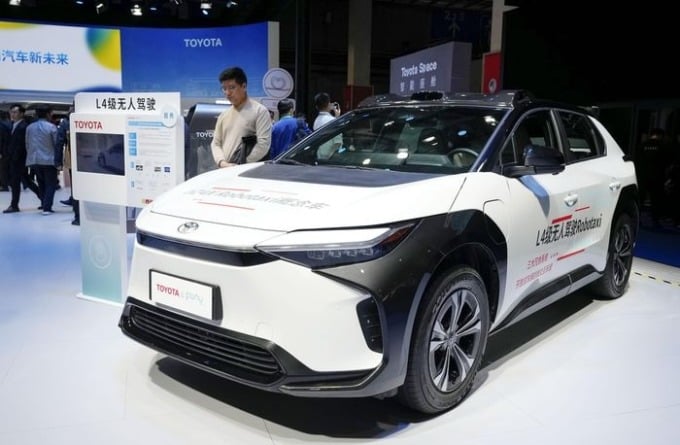
Toyota cars on display at an exhibition in China. Photo: Zuma Press
Electric vehicles are taking a larger share of the market in China, with domestic companies posting higher sales than foreign brands. This year, BYD overtook Volkswagen to become the best-selling car brand in the world’s most populous country for the first time.
Tesla was the only American car brand in the top 10 best-selling cars in China in the first half of this year. Ford and many other companies have reduced their investments in the country. However, VW and General Motors are still committed to maintaining plans to launch electric cars in the country.
Changes in the world's largest auto market are making Japanese automakers more dependent on the U.S. market . Their sales there are booming. Toyota, Mazda and Subaru have all raised their profit forecasts for this year by 40% or more.
Mazda cut its global sales forecast earlier this week, despite forecasting strong sales growth in the U.S., citing weak sales in China and Thailand. Chief Financial Officer Jeffrey Guyton said that in those two countries, rising electric vehicle sales were dampening demand for gasoline-powered cars.
Last year, the American-Italian carmaker Stellantis ended a joint venture to produce and distribute Jeeps in China. To date, except for Mitsubishi, no Japanese carmaker has withdrawn from China.
Others, including Nissan, are betting on electric vehicle launches in China in the next few years to reverse the trend. Guyton said they will keep their sales network in China while they wait for new models to arrive.
However, many company executives also said they were considering whether to focus resources on markets where Japan has a strong position, such as Southeast Asia, where Chinese automakers are offering many low-cost electric models.
Southeast Asia is also a target for Mitsubishi when it decided to withdraw from China. They plan to launch many new models for this market, including pickup trucks.
Among Japanese automakers, Toyota was the only company that maintained sales in China from April to September. However, they also lowered their sales forecast in Asia, due to instability in China, Thailand and Vietnam.
Chief Financial Officer Yoichi Miyazaki expects to sell fewer electric cars in China this year due to fierce competition, but overall sales are likely to remain flat thanks to steady demand for electric and gasoline-powered vehicles.
Miyazaki said that in Southeast Asia and other regions, “Chinese automakers can continue to boost EV exports and expand operations.” The question for Toyota now is whether to introduce new EV models in China and consider manufacturing there.
Ha Thu (according to WSJ)
Source link



![[Photo] President Luong Cuong receives President of the Cuban National Assembly Esteban Lazo Hernandez](https://vphoto.vietnam.vn/thumb/1200x675/vietnam/resource/IMAGE/2025/9/30/4d38932911c24f6ea1936252bd5427fa)
![[Photo] Panorama of the cable-stayed bridge, the final bottleneck of the Ben Luc-Long Thanh expressway](https://vphoto.vietnam.vn/thumb/1200x675/vietnam/resource/IMAGE/2025/9/30/391fdf21025541d6b2f092e49a17243f)
![[Photo] Solemn opening of the 12th Military Party Congress for the 2025-2030 term](https://vphoto.vietnam.vn/thumb/1200x675/vietnam/resource/IMAGE/2025/9/30/2cd383b3130d41a1a4b5ace0d5eb989d)
![[Photo] General Secretary To Lam, Secretary of the Central Military Commission attends the 12th Party Congress of the Army](https://vphoto.vietnam.vn/thumb/1200x675/vietnam/resource/IMAGE/2025/9/30/9b63aaa37ddb472ead84e3870a8ae825)
![[Photo] The 1st Congress of Phu Tho Provincial Party Committee, term 2025-2030](https://vphoto.vietnam.vn/thumb/1200x675/vietnam/resource/IMAGE/2025/9/30/1507da06216649bba8a1ce6251816820)






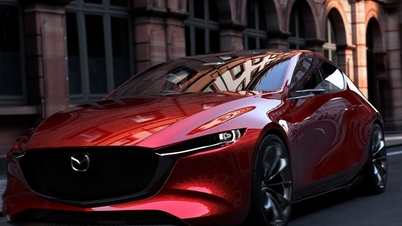











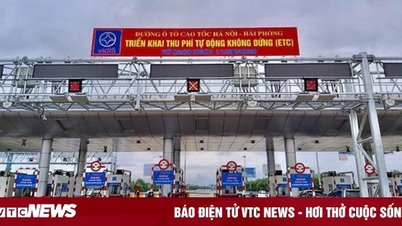

























































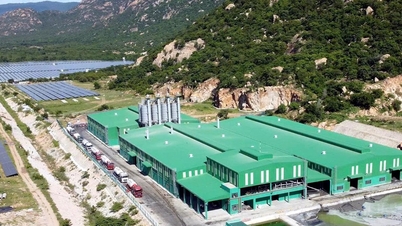


















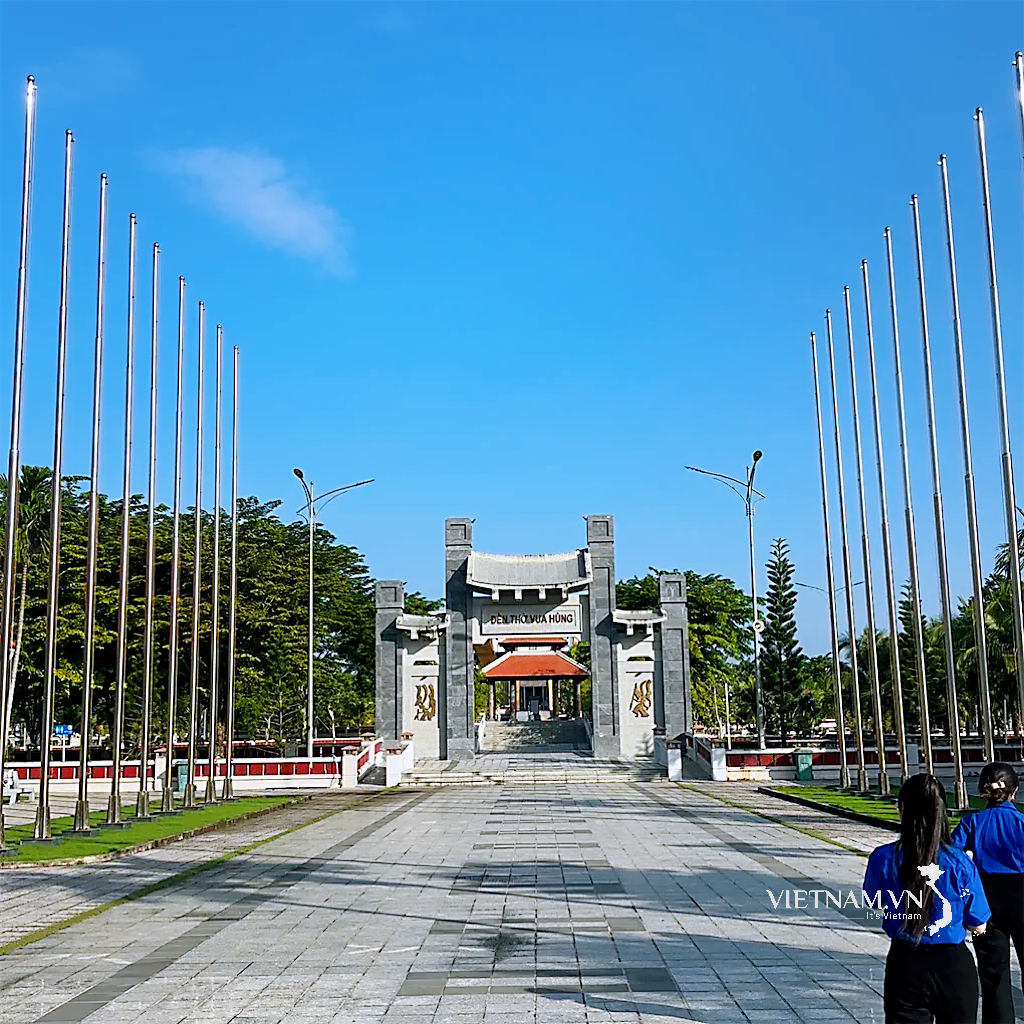



Comment (0)